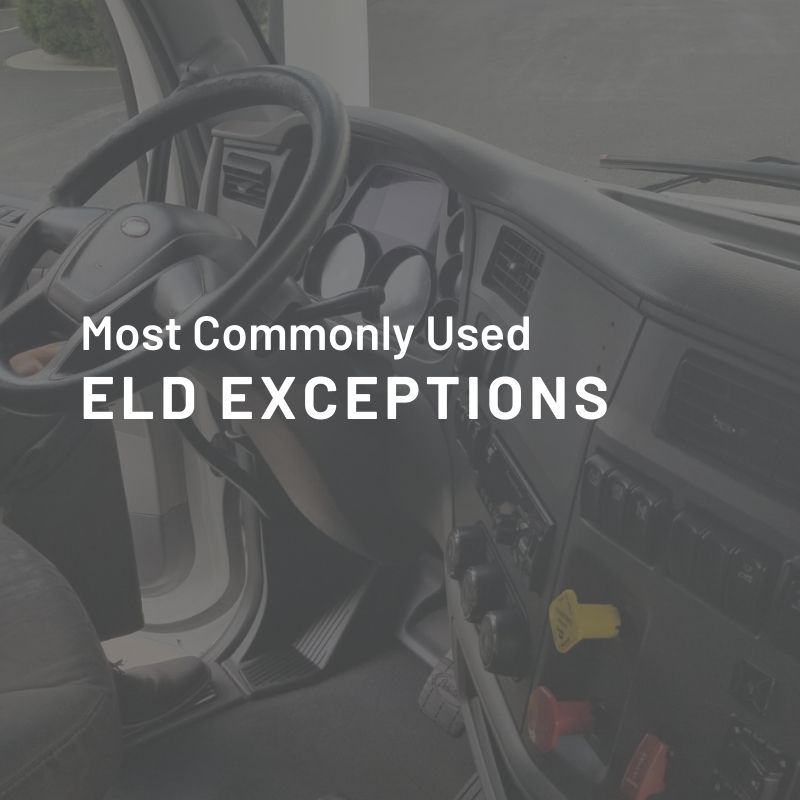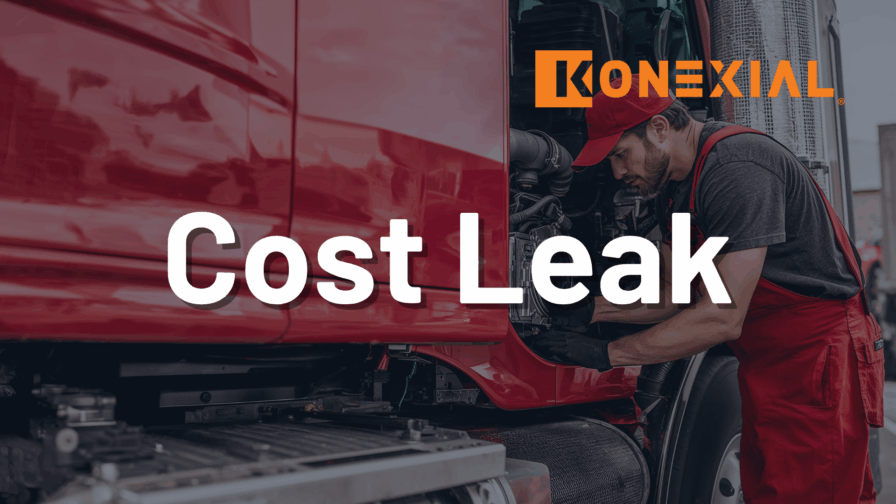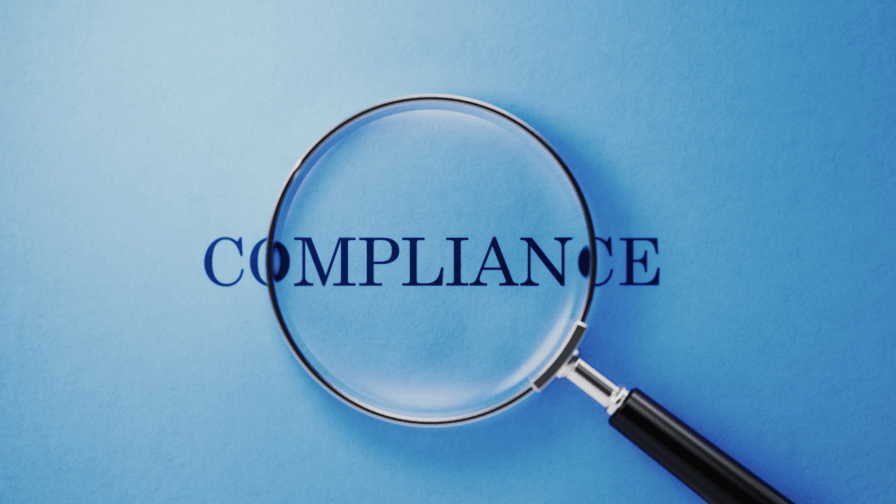Most Commonly Used ELD Exceptions

Most Commonly Used ELD Exceptions
While the FMCSA ELD mandate and hours of service regulations brought many black and white rules, it also brought several gray area exceptions. As you are probably well aware, the ELD rule put in place by the FMCSA and the federal government was implemented to help create safer working conditions for truck drivers while also making it easier and faster to track, manage, and store records of duty status (RODS) electronically. An ELD (electronic logging device) consists of a hardware telematics unit, software to manage Records of Duty Status (RODS), and a display device. The entire system together is an ELD system as specified by FMCSA under CFR 49 Section 395.20.
ELD Technology
According to the FMCSA website, there is a long list of self-certified ELD systems. However, the most advanced ELD systems provide more than just HOS logging. If you’re in the market for a new ELD system, you’ll want to look at systems promoting “edge computing” technology. Edge computing technology is the most advanced technology within telematics. It means that the data acquisition, processing, and analysis of the ELD is located within the vehicle. When all the data processing and storage occurs in the vehicle, drivers and carriers are less likely to experience a system-wide outage or operating difficulties due to network availability.
Along with great ELD technology, the ability to manage the day to day operations within one platform and mobile application is important to many successful fleets. The use of ELD exceptions is something that every fleet should be aware of and knowledgeable on how to use the exception properly.
Here are the most commonly used ELD exceptions and when to use them:
Personal Conveyance – PC
Personal conveyance often referred to as “PC”, is the movement of a commercial motor vehicle for personal use when off duty. PC can be activated for driving to and from restaurants or entertainment facilities or driving time to a safe location to rest. For a full description of when to use personal conveyance, review this personal conveyance PowerPoint presented by the FMCSA.
Yard Moves – YM
Yard Move exception status that is typically used for when a driver moves his or her truck but is not technically driving. For example, if you are parked at a loading dock and are asked to move to a different spot a few feet away, this would be a time to turn on the yard move exception.
Agriculture – AG
While some AG haulers are exempt from using ELD, there are some exceptions and cases where it is mandatory and beneficial to implement ELD under the AG exception status. These diagrams from the FMCSA are the best resource we’ve found to explain how and when to utilize the AG exception status. Wouldn’t it be nice to have an ELD that calculated the 150 air-mile radius automatically??
Oilfield
Drivers who support the operation of oil and gas well sites are able to take advantage of the 24-hour restart rule. This rule is also applicable to drivers transporting equipment and supplies, including water to the well site and also waste or product being transported away from the well site. Drivers moving equipment to or from well sites or between oil and gas well sites are entitled to rely upon the 24-hour restart rule.
Split Sleeper Berth
Split sleeper berth allows drivers to extend their on-duty drive time by splitting the 10 consecutive hours of off-duty time into two shifts. The best way to manage and track split sleeper berth time is to utilize the split sleeper berth exception status on an FMCSA compliant ELD system.
Adverse Weather
The adverse weather exception is pretty self-explanatory. Adverse weather as defined by the FMCSA is “snow, sleet, fog, other adverse weather conditions, a highway covered with snow or ice, or unusual road and traffic conditions, none of which were apparent on the basis of information known to the person dispatching the run at the time it was begun.” Drivers are able to activate the adverse weather exception for no more than 2 hours.
Interpreting FMCSA HOS rules and regulations can be confusing. Konexial’s ELD experts stay up-to-date on the latest news from the FMCSA in order to provide drivers with the correct ELD and HOS information and knowledge. Stay tuned for more information on our blog on how and when to use ELD exceptions.







